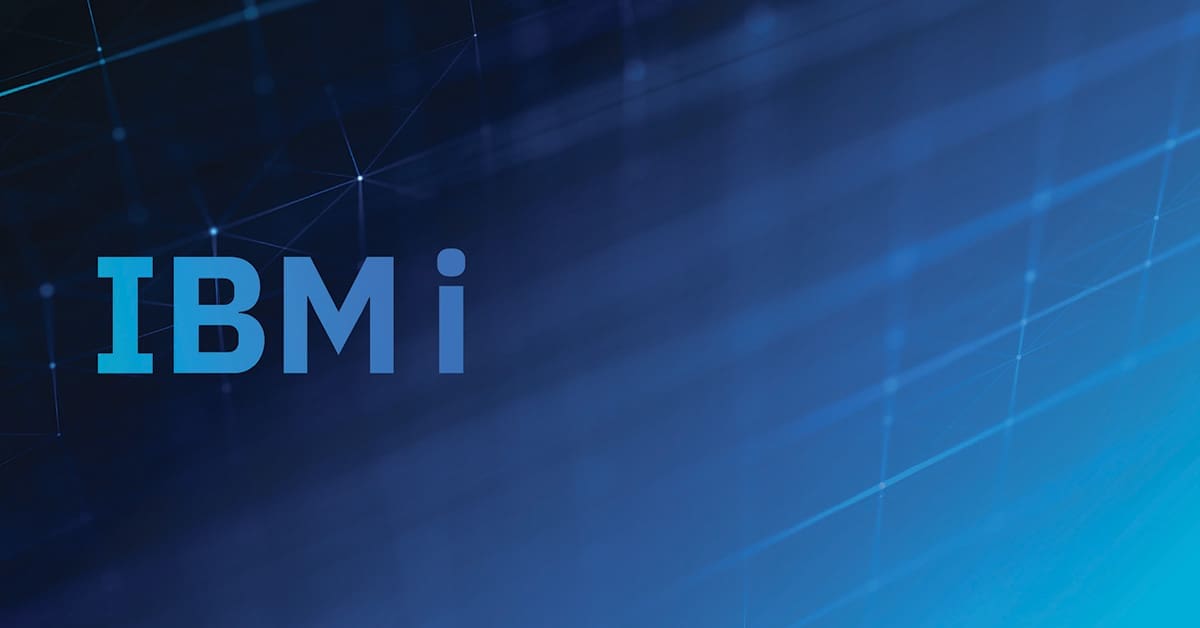When it’s time to update your data center hardware, there are a lot of decisions you need to make. Should you purchase new, recertified or refurbished data center equipment? What supplier should you purchase from? How will you support your equipment once installed?
As a third-party maintenance (TPM) provider, we realize this can be an overwhelming process for any business. This Q&A blog will answer common questions to consider before your next hardware purchase.
Should I purchase new, recertified or refurbished data center equipment?
Before identifying what type of data center hardware to purchase, start by understanding the level of support you’ll need and whether your top priority is flexibility or cost savings. OEMs often include a 1–3-year warranty with the purchase of new equipment. However, the service and level of support may be inconsistent or vary across manufacturers.
When weighing your options for networking, core licenses and storage, your best investment is to buy new for the OEM warranty and access to software and code updates. If you’re considering servers, your decision will be driven by budget constraints and how quickly you need the server up and running.
Sometimes, companies are required to buy new data center hardware to meet performance, compliance, capacity or power requirements. If you don’t need to refresh your equipment or aren’t interested in chasing the latest and greatest technology, leveraging recertified or refurbished hardware may be in your best interest.
What’s the difference between recertified and refurbished data center hardware?
- Recertified hardware is typically overstock or unused returns. Also known as “factory recertified,” this equipment arrives in sealed OEM packaging and includes an OEM warranty for support after the sale.
- Refurbished hardware is reconfigured, retested and updated according to our stringent testing standards. While there’s no OEM warranty included, we can bundle refurbished hardware with our Data Center Maintenance.
How much can I expect to save by purchasing recertified or refurbished equipment?
You can typically save 30–70% over brand-new equipment, even when purchasing from a VAR. These savings reflect the impact of depreciation. Rapid technology changes, rather than equipment quality or performance, cause the decline in hardware value.
What’s the difference between “warranty” and “support?”
- Warranty is not a guaranteed SLA; it’s typically parts replacement during regular business hours.
- Support is a fixed SLA with a higher level of service; an engineer will be dispatched and come onsite.
What are the differences between buying from an OEM, VAR or TPM provider?
- New or recertified: OEM
- Refurbished: You can choose between a VAR or TPM provider.
Some products can only be sold by an authorized VAR. As a TPM provider, it’s a conflict of interest, and we’ve chosen to maintain our neutrality. There are products we want to sell, but they don’t exist in the market or haven’t matured enough.
What do OEMs and VARs say about purchasing from TPM providers?
If the product isn’t new or recertified, they say it came from a used entity “grey market.” There isn’t a clear definition, but they suggest that parts from third-party providers are counterfeit or not made by the OEM. It’s refurbished hardware, so this only causes confusion and uncertainty.
Where does Service Express get its data center hardware?
We use two primary sources:
- Our IT Asset Disposition (ITAD) Team procures equipment through customer trade-ins or unused returns from a customer lease. All hardware goes through our multiple-point inspection and testing process.
- We purchase equipment through our long-term hardware partners. Our trusted vendors are rigorously evaluated and vetted on an ongoing basis.
What’s included with my hardware purchase from Service Express? Does your hardware come with a warranty?
- Recertified: If equipment is sold with the OEM warranty, the customer contacts the OEM to handle it.
- Refurbished: In most cases, the product comes bundled with Service Express’ Data Center Maintenance.
We have three standard maintenance SLAs, ranging from next business day response to 24/7×365 support. While professional services aren’t included, they’re available through an additional scope of work.
What are my leasing options?
While we don’t lease ourselves, we have leasing partners we recommend to customers and use for many projects. We’ve noticed that several companies have recently shifted to OpEx rather than CapEx spending.
How do you ensure there are no security risks with refurbished equipment?
Security is our number one concern, and we use our expertise to comply with and meet required security standards. We often exceed requirements to ensure everything is wiped, factory reset and in perfect working order. The equipment we sell won’t need intellectual property from the OEM to remain secure and safe. You’ll be able to get open-source security software, updates, etc. to protect your investment.
What steps does Service Express take for quality assurance?
Everything funnels through our Technical Center, where systems are built, configured, tested, packaged and shipped from the same facility. We update equipment with the most current firmware and code, run it through the manufacturer’s steps and ensure all data is completely wiped. Our standard practice is to test everything in an environment similar to yours, and our disk testing tells us the life expectancy of the hardware. Since we may also provide you service after the sale, we prioritize quality for all parts and equipment.
What kind of lead time should I expect?
From the time of the purchase order, two-week delivery is the norm. Next-day delivery is not uncommon for urgent needs and is an option. Depending on the project size, it could take 8–10 weeks or more for larger projects.
What does the sale process look like?
It all starts with a conversation. We’ll set up a call to discuss the project, conduct a needs analysis to understand the goals and bring in additional technical resources as needed. Because we’re OEM agnostic, we take a more consultative approach to offer different and customized solutions.
We prioritize building a relationship with you while providing the best solutions. We won’t pressure you on timelines or budgets. If we can’t provide a good fit, we’ll be honest and engage a partner or direct you elsewhere for a better alternative.
Topics:



